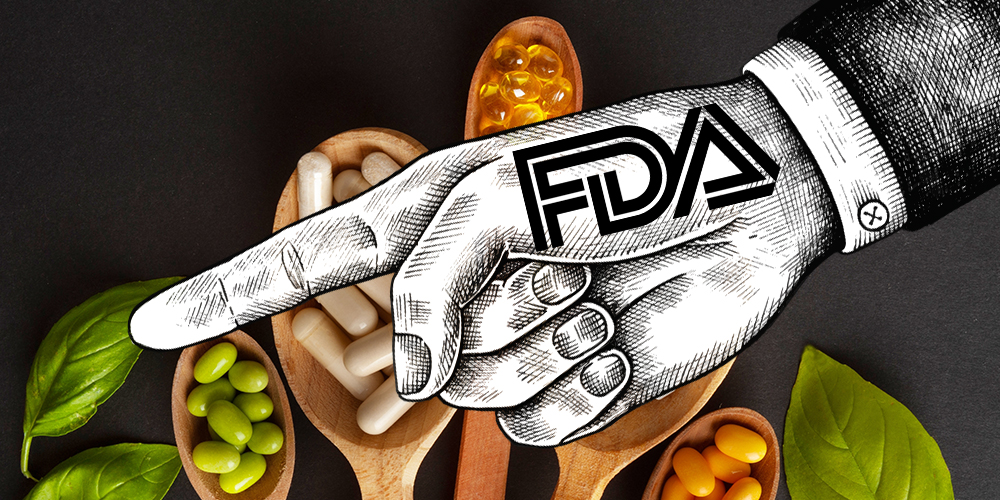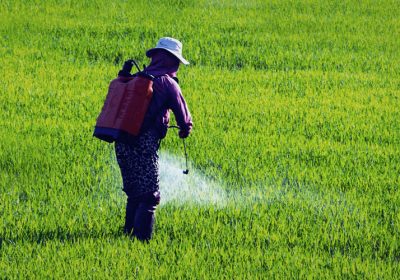The FDA’s upcoming meeting could jeopardize access to essential natural ingredients used in compounded medicines, threatening personalized healthcare and patient freedom. Action Alert!
Listen to the audio version of this article:
THE TOPLINE
- The FDA’s Pharmacy Compounding Advisory Committee (PCAC) will meet on October 29th to discuss whether critical natural ingredients like kisspeptin-10 and l-theanine should remain available in compounded medications.
- Kisspeptin-10 is vital for reproductive health and fertility treatments, while l-theanine supports cognitive health, reduces stress, and shows potential in preventing conditions like dementia and Parkinson’s disease. Banning these ingredients would limit access to beneficial treatments for many patients.
- The FDA has a history of restricting natural ingredients used by compounding pharmacies, which offer customized treatments for patients with unique medical needs. This trend benefits Big Pharma by limiting alternatives to mass-produced drugs.
On October 29th, the FDA’s Pharmacy Compounding Advisory Committee (PCAC) will meet to discuss whether several key ingredients, including kisspeptin-10 and l-theanine, should continue to be allowed in traditional compounding. This meeting is pivotal because PCAC’s recommendations often lead to bans on ingredients that have served the health and well-being of millions of Americans. These bans are a serious threat to the practice of compounding pharmacies, which provide customized, natural medicines for patients with specific health needs.
For years, the Alliance for Natural Health has advocated for the preservation of natural health interventions, which play a crucial role in preventing chronic disease and promoting overall wellness. The relentless efforts of the FDA to restrict access to safe, effective natural substances represents yet another attack on patient freedom and access to life-enhancing alternatives to pharmaceuticals.
Kisspeptin-10 and l-theanine
Two of the most concerning ingredients on the chopping block at this meeting are kisspeptin-10 and l-theanine.
- Kisspeptin-10: This peptide is vital for human reproductive health. It has emerged as a promising therapy for infertility, helping to regulate hormone levels necessary for reproductive function. Removing kisspeptin-10 from the compounding landscape could jeopardize the health of countless individuals struggling with fertility issues.
- L-Theanine: Found naturally in tea and some mushrooms, l-theanine has shown incredible promise in supporting cognitive health. Studies have indicated that regular consumption of green tea, which contains l-theanine, is associated with a lower risk of dementia and Parkinson’s disease. In addition, l-theanine has been shown to reduce stress and anxiety, promoting mental well-being.
These are not isolated substances with fringe benefits—both kisspeptin-10 and l-theanine offer a wide range of health-promoting effects with minimal, if any, safety concerns. If compounding pharmacies are barred from using these ingredients, many patients will lose access to treatments that could profoundly impact their quality of life.
A pattern of FDA overreach

Sadly, the October 29th meeting is not an isolated event in the FDA’s history of targeting safe, natural ingredients. PCAC has previously recommended banning numerous vital compounds, including curcumin (a powerful anti-inflammatory), aloe vera (used for digestive and skin health), acetyl-L-carnitine (important for brain function), and many more. These recommendations, made under the guise of “safety concerns,” disproportionately affect patients who rely on compounding for their unique medical needs—patients who often cannot tolerate or benefit from commercially available products.
The only thing that stops the FDA from banning these substances is push back. So please read on and respond to our Call to Action below!
Compounding pharmacies play a crucial role in our healthcare system, providing tailor-made medications for patients who need individualized treatments. These include:
- Those requiring non-standard, individualized doses or different delivery methods (e.g., creams, gels, suppositories or injectables) that are not available in standard pharmaceutical, dietary supplement, or cosmeceutical preparations.
- Children and the elderly who may have difficulty swallowing pills.
- Patients with allergies or sensitivities to fillers, dyes, and preservatives found in mass-produced drugs.
The FDA’s pattern of stripping away access to natural, compounded medicines is yet another reminder of its broader agenda in relation to compounding: the eventual elimination of compounding pharmacies altogether. Because these medicines exist outside the FDA-approval system, the agency has a kneejerk bias against them. By gradually banning the ingredients that can be used, the FDA also seems intent on forcing more Americans into the hands of Big Pharma, which offers costly and, in many cases, dangerous and less effective alternatives.
A health crisis fueled by profit motives
We have long believed that the FDA’s actions are driven by a desire to protect the profits of large pharmaceutical companies at the expense of patient health. By systematically whittling away at the ingredients allowed for compounding, the FDA appears to be orchestrating a “death by a thousand cuts” for the compounding industry—eliminating competition and limiting patient access to natural, individualized care.
The FDA’s additional restrictions on how much compounded medicine can be sent out-of-state is yet another thinly-veiled tactic to weaken this vital sector of healthcare. It’s a clear attempt to reduce the reach of compounding pharmacies, making it even harder for patients to access these personalized treatments.
Our call to action
The October 29th meeting of the PCAC represents a critical moment in the ongoing battle for healthcare freedom. The time to act is now. We must stand up for the right to access natural, safe, and effective compounded medicines—ingredients that Big Pharma cannot patent or profit from but that have been used for centuries to promote health and well-being.
Action Alert: Write to the FDA today and demand that they allow the continued use of kisspeptin-10, l-theanine, and other vital natural ingredients in compounding pharmacies. Please send your message immediately.




